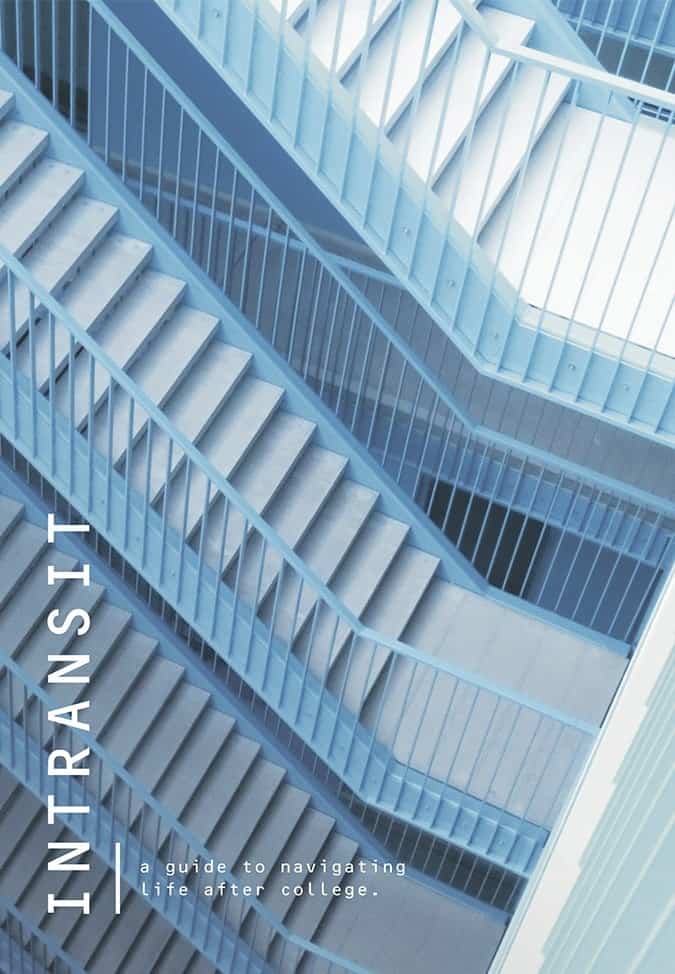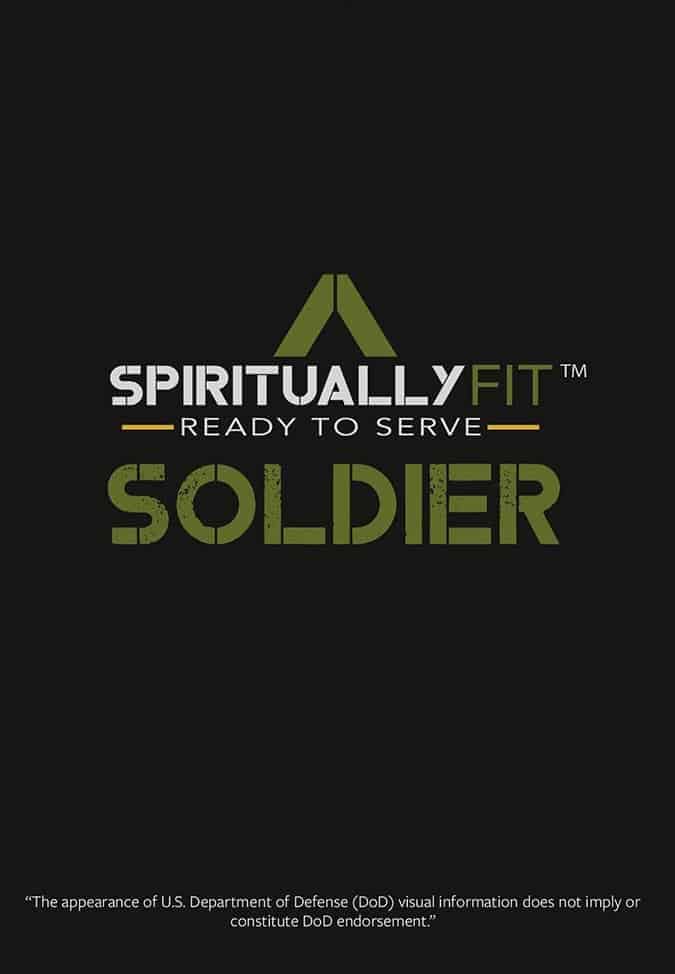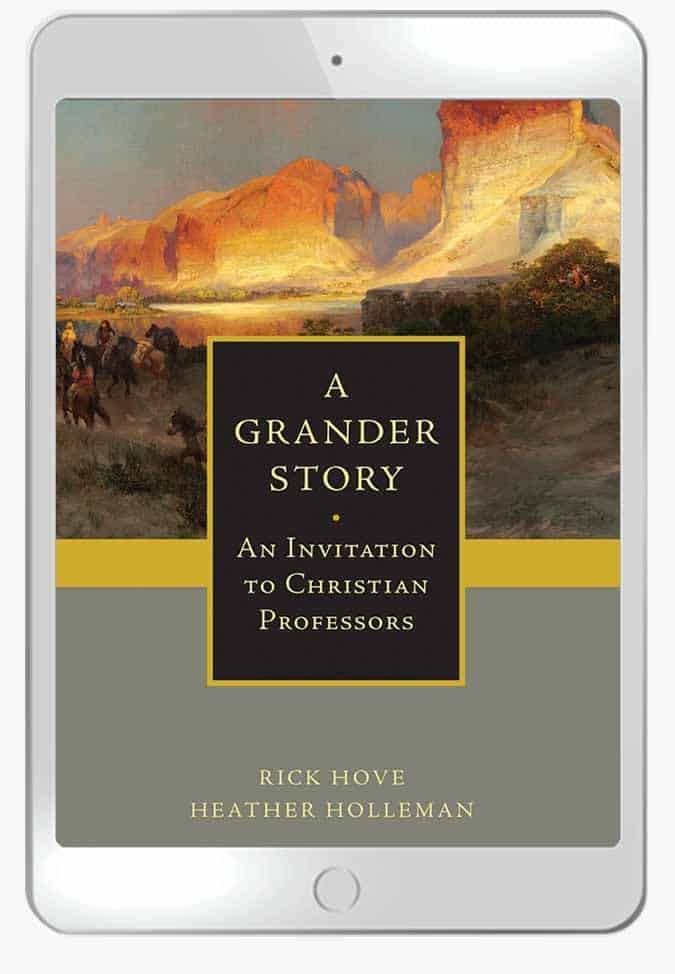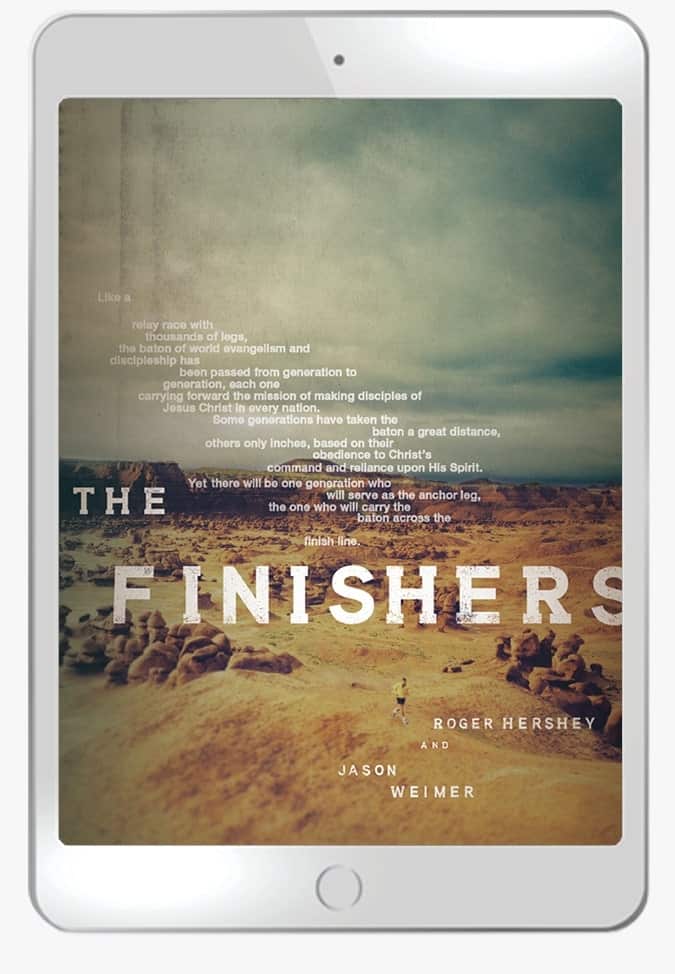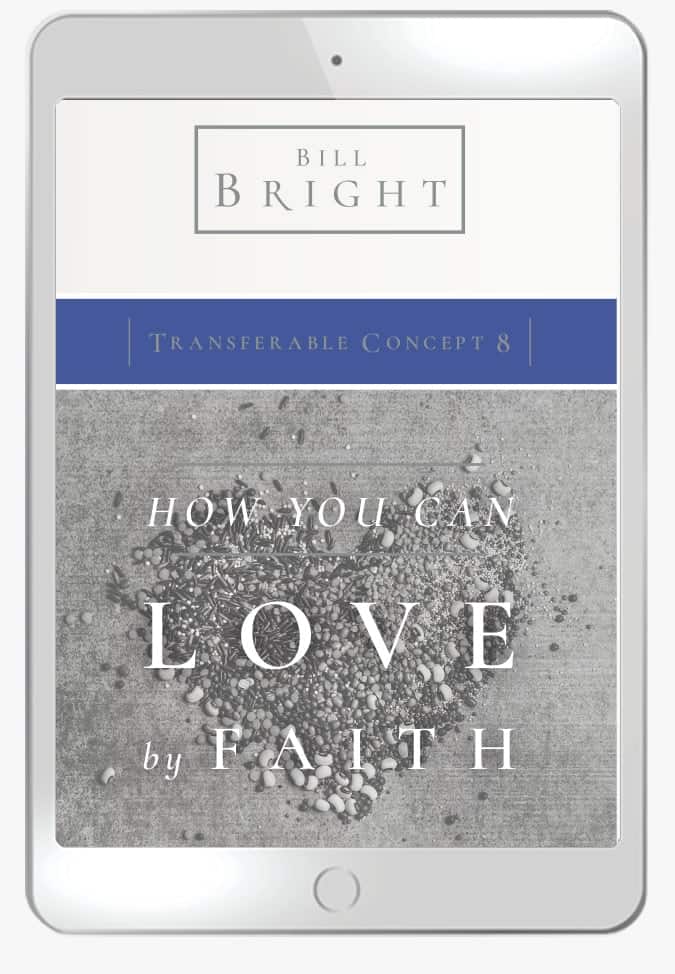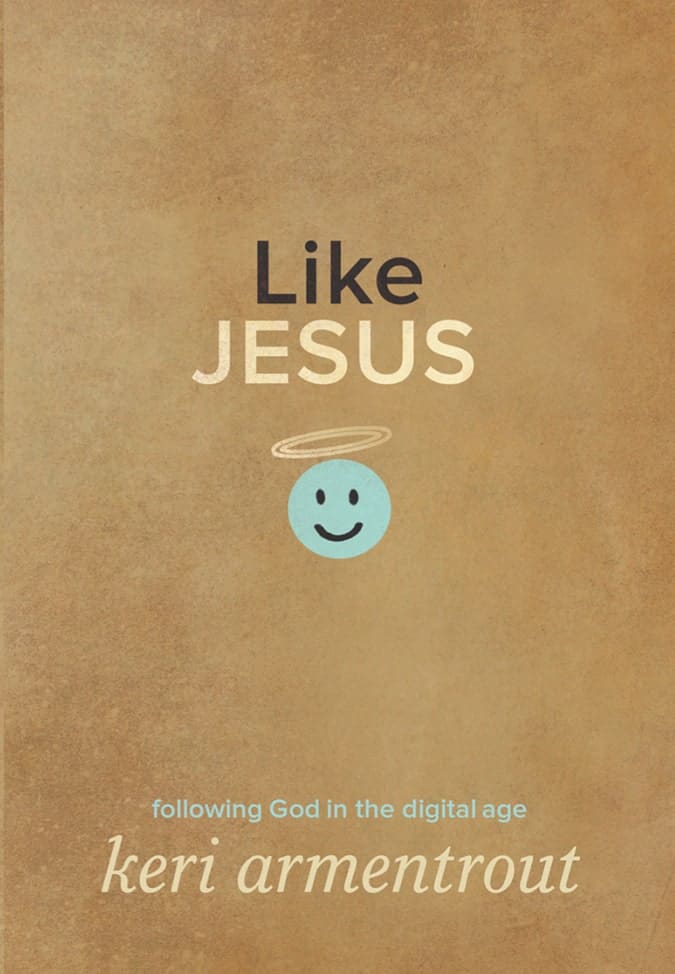How to Avoid Burnout

Photo by Guy Gerrard
In a world obsessed with productivity and efficiency, many people consistently struggle to accomplish more in less time, a condition labeled “hurry sickness.” Corrie ten Boom, a Christian author who survived World War II, said, “If the devil can’t make you sin, he’ll make you busy.” If you’re too busy for too long, you’ll eventually experience a state of emotional, mental and physical exhaustion called “burnout.” Whether you’re a college student, business professional, wife and mother of young children, or even a pastor or Christian worker, no matter your season of life, you may be at risk.
But what about Bible verses like Matthew 5:48 (NIV), “Be perfect, therefore, as your heavenly Father is perfect”? Or Colossians 3:23 (NIV), “Whatever you do, work at it with all your heart, as working for the Lord”? You can fulfill God’s purposes and still avoid burnout by recognizing its symptoms and radically changing both your mindset and your behaviors.
The Symptoms of Burnout
Some of burnout’s many symptoms include feeling overwhelmed, emotionally and physically drained, resentful, cynical and ultimately hopeless. Author Ruth Haley Barton provides 10 signs you’re moving too fast, which closely mirror the symptoms of burnout.
-
Irritability
-
Hypersensitivity
-
Restlessness, even on vacation
-
Compulsive overworking
-
Emotional numbness
-
Escapist behaviors that aren’t life-giving
-
Disconnected from our identity and calling
-
Not able to attend to basic human needs like sleep, water, healthy food
-
Hoarding energy
-
Slippage in our spiritual practices
Burnout in the Bible
Even biblical leaders weren’t immune to burnout. Moses was in danger of burning out, and Elijah had reached burnout. In each case, what did God do to help them?
From morning until evening, Moses mediated the Israelites’ disputes. Jethro, his visiting father-in-law, warned, “Why do you alone sit as judge, while all these people stand around you from morning till evening? . . . What you are doing is not good. You and these people who come to you will only wear yourselves out. The work is too heavy for you; you cannot handle it alone” (Exodus 18:13-18, NIV).
Working from sunrise till sunset as the only judge for thousands of Israelites, Moses was overwhelmed and exhausted by the sheer number of disputes, and the crushing weight of responsibility and others’ expectations. Jethro advised him to delegate the lesser cases to levels of judges, saving only the most difficult for himself (Exodus 18:19-23).
Photo by Guy Gerrard

In I Kings 19:1-3, after God uses the prophet Elijah to triumph over and kill the 450 bloodthirsty prophets of Baal, King Ahab’s wife, Jezebel, seeks to kill him. Elijah flees into the wilderness, sits down under a broom bush, and prays to die. “I have had enough, LORD,” he said. “Take my life; I am no better than my ancestors” (1 Kings 19:4, NIV). Elijah feels alone, hopeless, physically exhausted and afraid for his life. He wants to give up.
God allowed Elijah to get away to the wilderness and catch up on sleep. Then He provided food that enabled Elijah to travel 40 days and nights to meet God at His mountain, Horeb. Through a mighty wind, fire and an earthquake, God reminds Elijah of His power and then gently whispers, “What are you doing here?” Elijah pours out his heart. “I have been very zealous for the LORD God Almighty,” he says. “The Israelites have rejected your covenant, torn down your altars, and put your prophets to death with the sword. I am the only one left, and now they are trying to kill me too” (I Kings 19:11-16, NIV).
God reminds Elijah that not only is he not alone, but there are 7,000 others faithful to Him. He also gives Elijah his final tasks as prophet: to anoint Elisha as his successor, and Jehu and Hazael as kings who will deal with those who sought Elijah’s life.
Solutions to Burnout
-
Recognize your limitations and seek wise counsel. Psalm 103:14 (NLT) says, “For He knows how weak we are; He remembers we are only dust.” Are you expecting more from yourself than God does? Are you trying to do more than you were designed to do in the time you have? You might need some objective advice and perspective, like Moses did. He couldn’t see another option until Jethro came alongside him.
-
Clarify your role. Are you working more out of your weaknesses than your strengths? Identify what God has uniquely designed, gifted and called you to do. Major on that. God gave the Law to Moses to teach to the Israelites, but He didn’t expect Moses to handle every case.
-
Delegate some responsibilities. Don’t assume, like Moses, that you can and should “do it all,” greatly exceeding your God-designed capacity. Follow Jethro’s advice to Moses: Identify the things you don’t have to do yourself and find or recruit others you can entrust them to. Don’t be ashamed to ask for help.
-
Slow down, making time for your physical, emotional and spiritual needs, like God allowed Elijah to do. When asked how to be spiritually healthy, philosopher Dallas Willard said, “You must ruthlessly eliminate hurry from your life.” Jesus never hurried anywhere, which is why Japanese theologian Kosuke Koyama calls him “The Three Mile an Hour God,” (a man’s average walking speed). After His three-and-a-half-year ministry, Jesus was able to say on the cross, “It is finished.” Pace yourself for a marathon, not a 100-yard dash.
-
Remember who you serve. You may believe intellectually that God is in control, but does your life, your schedule and your to-do list reflect that? Although He values what you do for Him, He doesn’t need your help. Your identity and value aren’t based on what you do or on how much you do. They’re based on His unconditional love, grace and mercy because of what Jesus did for you on the cross. Right now, if you are a follower of Jesus, you stand before God holy, blameless and beyond reproach because of Jesus. You don’t need to earn His love or favor by working yourself to death.
Which of these five steps do you need to take right now to get off the unrelenting treadmill of performance-based self-acceptance? Where can you carve out time and space in your schedule to apply these truths, so you can run to win the marathon of the Christian life?
For more resources, check out our Work and Rest article section.







